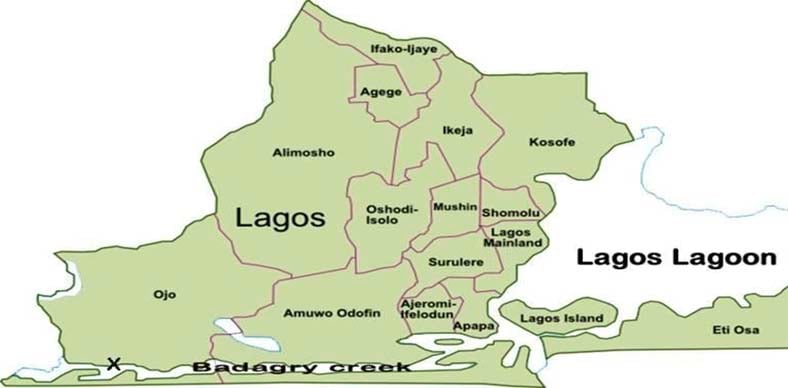A new report has revealed that more than 60 per cent of Lagos residents live in informal settlements, underscoring the city’s worsening housing crisis and the sharp gap between available affordable homes and the needs of its rapidly growing population.
The State of Lagos Housing Market Report, Volume 3, highlights how poor living conditions in slum communities such as Makoko and Ajegunle reflect the urgent need for inclusive housing and urban renewal. It noted that while land reforms under the Land Use Act were originally designed to simplify ownership and prevent speculation, the law has also created bureaucratic bottlenecks and limited access to secure tenure.
In response, the Lagos State Government has introduced several reforms through the Land Bureau to improve transparency and efficiency. Among them are the Electronic Certificate of Occupancy and the Lagos State Geographic Information System, both aimed at digitising land processes, cutting delays, and reducing corruption. The government has also rolled out a Land Regularisation Programme, which enables informal landholders to obtain legal titles, alongside efforts to digitise land records for easier management and retrieval.
According to the report, these initiatives have boosted investor confidence and strengthened land governance in Nigeria’s commercial capital. “The combination of federal and Lagos-specific reforms reflects ongoing efforts to modernise property rights and promote sustainable urban development in the state,” the study noted.
The report also examined the growing role of public-private partnerships in housing delivery. Lagos has increasingly partnered with private developers to reduce its housing deficit, offering land and regulatory backing while investors provide capital and technical expertise. Notable projects include the Ilubirin Estate in Ikoyi, a mixed-use development on reclaimed land, and the Igbogbo Housing Estate in Ikorodu, developed with Messrs. M-Bridge Limited on 8.8 hectares to deliver affordable units. Another milestone is the Greenwich Gardens Housing Estate in Agboyi-Ketu, which stands out as the first residential estate in Nigeria built under a PPP by a local authority.
Urban renewal is also gaining attention, with the Lagos State Urban Renewal Agency driving projects to transform blighted areas into liveable communities. In Isale-Gangan on Lagos Island, 13 families gave up their properties for the redevelopment of an 11-floor apartment complex containing 56 two- and three-bedroom flats, a model described as community-driven renewal.
On a larger scale, Gracefield Island, a 100-hectare cosmopolitan city reclaimed from the Lagos Lagoon, is being developed through a joint venture between Gravitas Investments Limited and the Lagos State Government. Planned to house up to 25,000 residents, the project features green infrastructure, cycle lanes, and charging points for electric vehicles, reflecting a shift toward sustainable and future-ready communities.
Published by the Roland Igbinoba Real Foundation for Housing and Urban Development, the State of Lagos Housing Market Report was first released in 2009, with its second edition in 2016. The third edition, released this year, paints a clear picture of the scale of Lagos’s housing challenge while highlighting government and private-sector efforts to modernise land management and expand housing opportunities for millions of residents.




